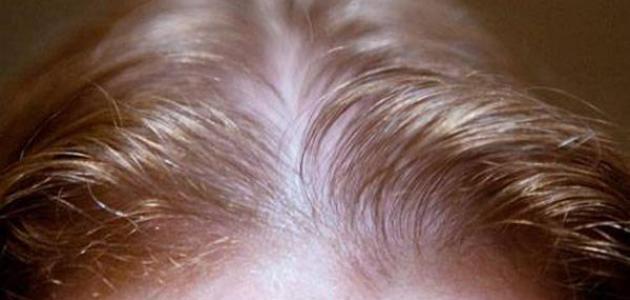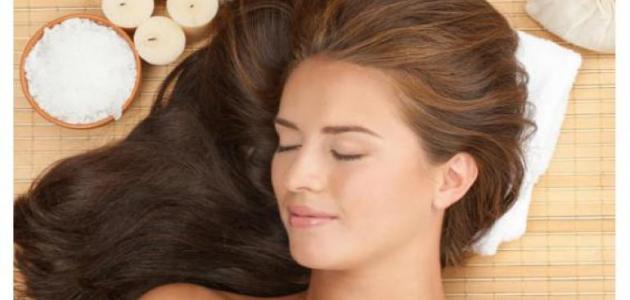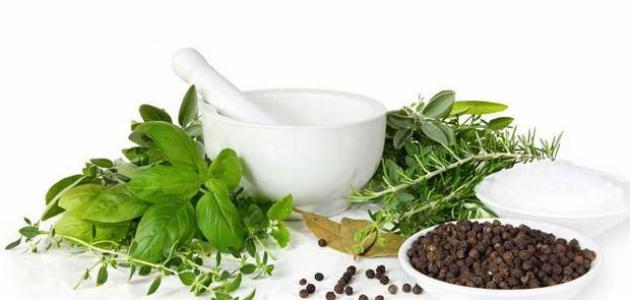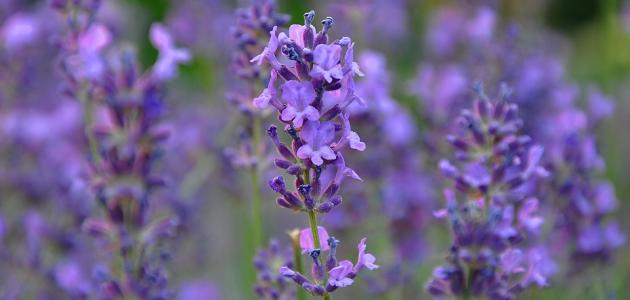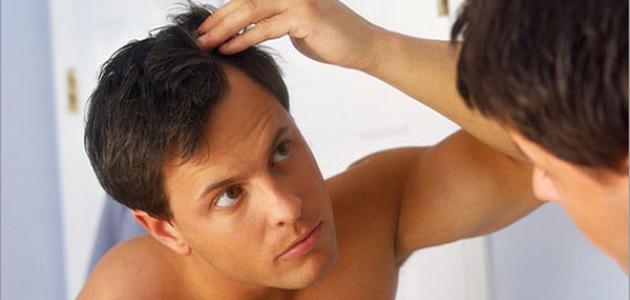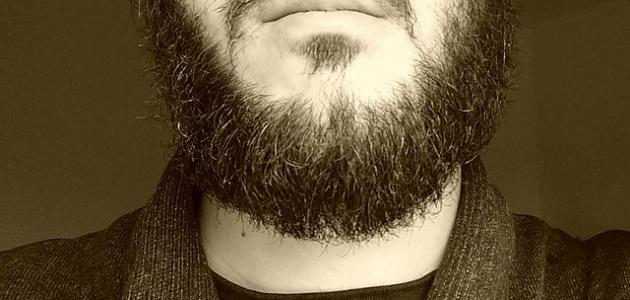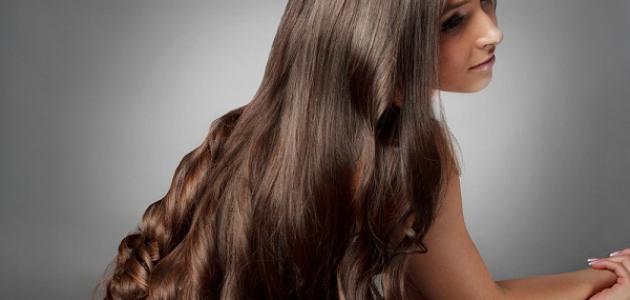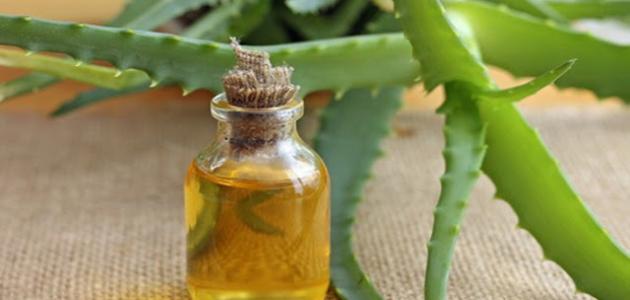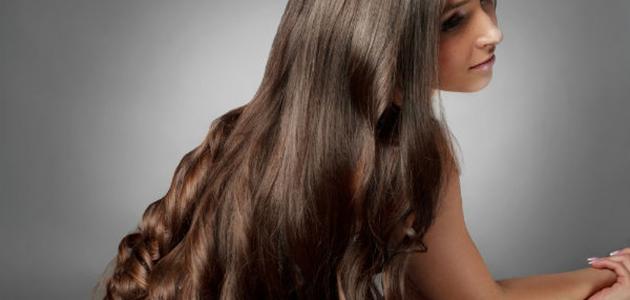henna
It is a perennial, evergreen shrub that lives for about ten years. Its color is green at the beginning of growth and then turns brown. Its length reaches seven meters. It is called in the colloquial dialect of henna. Egypt, Sudan, India and China are among the most famous producing countries in the world. It has many uses, the most important of which is hair dye, because it contains theine, and in this article we will learn about the benefits of henna for light hair and its benefits in general.
Benefits of henna for light hair
There are many benefits of henna, which benefit the hair, the most important of which are the following:
- Cools the scalp, and rid it of the microbes and parasites present in it, which cause it many problems such as itching.
- Removes excess sebum from the scalp.
- It treats dandruff, in addition to reducing scalp infections.
- Reduce the secretion of sweat.
- It strengthens the hair and gives it vitality by nourishing it.
- It is considered one of the best natural dyes for hair, as it contains natural colored substances that dye hair without harming it.
- Balances the pH of the scalp.
- Increase hair density.
- Prevents the appearance of white hair.
- Limit hair loss.
Other benefits of henna
It includes therapeutic and health benefits related to the body, the most important of which are:
Read also:Castor oil benefits for fine hair- It treats many skin diseases such as boils, acne, and eczema.
- It reduces ulcers and wounds, in addition to accelerating the healing process.
- Relieve menstrual pain, such as abdominal pain and back pain.
- Treat headache.
- Reduce the cracks of the feet.
- Treat cancerous tumors.
- Treats a fever that affects the genitals.
- Fight sore gums and mouth.
- Amino dysentery is treated by boiling the bark of the henna bush.
Tips for using henna on hair
There are many things that must be taken into consideration before applying henna to the hair, including the following:
- Avoid using metal tools or utensils when preparing henna, as metals may interfere with henna, and it is preferable to use utensils and utensils made of glass, plastic, and wood.
- The need to get rid of stains resulting from them during preparation immediately.
- Ensure that there is no allergy to henna before using it, by placing it on a small area behind the ear and on the hands.
- Avoid dyeing the area around the hair, and it is preferable to put a little olive oil in it.
- Wear rubber or plastic gloves while preparing henna, preferably with long sleeves to avoid dyeing the arms.
* Avoid applying henna to chemically dyed hair.
Read also:Increased hair thickness